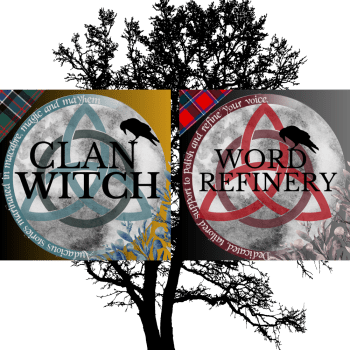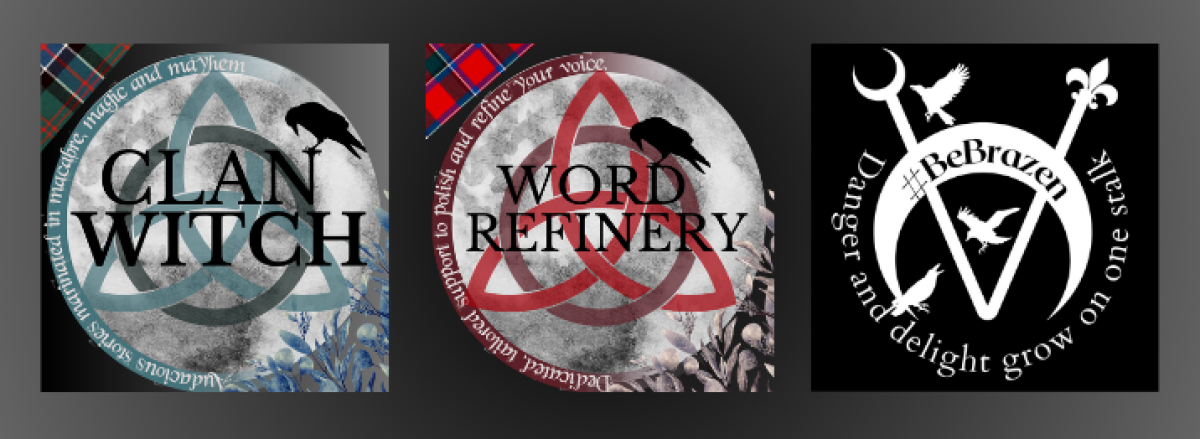From 1640 to 1958, it was illegal to celebrate ‘Yule Vacations’. Christmas (then called Yule or Nollaig (Gaelic))was banned in Scotland for over 300 years. Christmas was regarded as a celebration held by the Catholic Church. After the reformations to Presbyterianism, Christmas was gradually downgraded until its outright ban. When Act 7, ‘dischairging the Yule vacance’ became legislation on 2nd June 1640, it read:
‘The estatis of parliament, presentlie conveind by his majesties speciall authoritie, wnderstanding that the kirke within this kingdome is now purged of all superstitious observatione of dayes, and heirwith also considering that the keiping of the Yule vacance heath not onlie relatione to that superstitione and may serve to keepe the same in memorie, but also that the keeping of the said Yule vacance heath interrupted the course of justice in this kingdome to the hinderance and heavie prejudice of the leiges thairof, thairfor the saidis estatis have dischairged and simply dischairges the foirsaid Yule vacance and all observation thairof in tymecomeing, and rescindis and annullis all acts, statutis and warrandis and ordinances whatsoevir granted at any tyme heirtofoir for keiping of the said Yule vacance, with all custome of observatione thairof, and findis and declaires the samene to be extinct, voyd and of no force nor effect in tymecomeing. And ordeanes the court and sessione of the colledge of justice and senatouris and memberis thairof to conveene and sit for the administratione of justice without ony interruptione by the foirsaid Yule vacance from the first day of November to the last of Februarie thairefter inclusive yeirlie, and ordeanes the said senatouris and remanent memberis of the said colledge of justice to ryise the said last day of February and to conveene and sit doune againe for administratione of justice to the leiges the first day of June yeirlie, and to ryise the last day of Julii nixt thaireftir inclusive. And also ordeanes the whole remanent judges of inferiour courtis within the kingdome to proceed in thair administratione of justice within thair severall jurisdictiones without any respect to the said Yule vacance and without any interruptione or vacatione by the same Yule vacance, notwithstanding of ony bygone custome of observatione of the said Yule vacance, sieing the samene is now dischairged in maner foirsaid.’

Christmas, as it is now, is less than 100 years old in Scotland. And for many celebrants, it has little to do with Christianity and is predominantly a commercial holiday. There are plenty of seasonal churchgoers who line the pews for Christmas Eve or Christmas Day mass for the sake of their salvation or tradition. Ultimately though, much of the meaning has been lost through rabid consumerism and ego — in direct opposition to the old concepts, regardless of its many guises celebrated globally.
Christianity and Christmas aside, the festival that predates and has stood the test of time, despite changing political and religious landscapes and indoctrination that our children are force-fed — Yule, Nollaig, or Winter Solstice are all celebrated with similar traditions. Though many such as myself, try to limit the greed and heavy consumerist pressures from apparently ‘well-meaning’ folks. As much as followers of the Christian version of Christmas may like to consider certain traditions as ‘theirs’, this is far from true — the feasting, the giving, the tree, colour formations, Yule log burning, the honouring and gratitude, the ‘Angel’ (Goddess), the star (pentacle) are far from Christian in origin. Perhaps that notion, too, feeds into greed and relentless taking.
Today is Winter Solstice, the shortest day of the year. When the night dominates, so we reach and crave comfort and warmth — physical and emotional, and we are grateful for those in our lives who gift that to us and we to them. We share food, stories, ‘gifts’, and gratitude. Whatever you do should be enough without the dictatorship and noise of organised religion or the embedded consumerism.
As a practising pagan (who was Catholic schooled as a child), I celebrate the Magick, the cycle of the earth that sustains and gives us life throughout the seasons. Following the rhythms of the moon, just as the tides do.
It doesn’t need to be a show, on display for nothing other than validation of ‘good’ or ‘love’ suffocated in glitter. It can be quiet, calm, and spiritual, as are the roots of gratitude.
You don’t need to bow to the consumerist devaluation of the season by feeding the jelly-belly man in the red suit with pound-signs sparkling in his eyes, full of ‘cheer’. You don’t have to serve and be judged by a bloodthirsty god whose gift is guilt and the threat of damnation if you’re not ‘good’. You don’t have to feed the beast of judgment and hypocrisy, whether from the judges above or those within your own family.
The banning of Christmas was just another form of control, of course. Another religious and political move to dominate. Oh, how we’ve seen so many of those in this wee country! I don’t support the hypocrisy of Christmas being shoved down anyone’s throat either, it may be less than a century old here, but the indoctrination runs deep. The same could be said of the destruction of Indigenous Languages of Scotland — it’s always about control.

